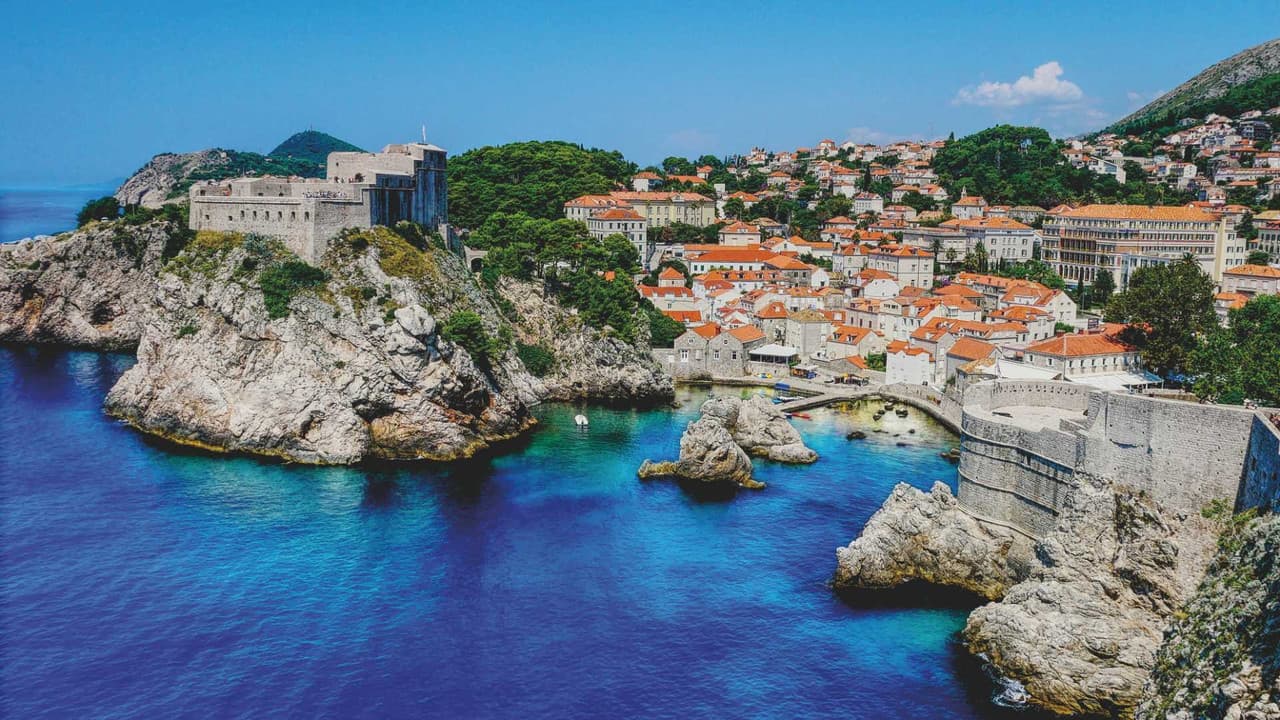Managing working time effectively and compliantly is a fundamental aspect of employing individuals in Croatia. Croatian labor law sets clear standards for working hours, overtime, rest periods, and other related entitlements to protect employees and ensure fair working conditions. Employers operating in Croatia must navigate these regulations carefully to remain compliant and avoid potential legal issues. Understanding the specific requirements for standard hours, overtime calculation, mandatory breaks, and record-keeping is essential for smooth and lawful operations.
Compliance with Croatian working time regulations involves more than just tracking hours; it requires adherence to rules regarding daily and weekly rest, limits on overtime, specific provisions for night and weekend work, and diligent record-keeping. These rules are designed to balance business needs with employee well-being, contributing to a productive and sustainable work environment. Staying informed about these requirements, which are expected to remain consistent with current standards in 2026, is crucial for any employer.
Standard Working Hours and Workweek
The standard full-time working week in Croatia is 40 hours. This is typically structured as five 8-hour days, Monday through Friday, but alternative arrangements are possible as long as the average weekly hours over a defined period do not exceed the legal maximum. The distribution of working hours can be agreed upon between the employer and employee, or set out in collective agreements or internal company rules, provided it complies with statutory limits on daily and weekly rest.
Overtime Regulations and Compensation
Work performed in excess of the standard full-time hours is considered overtime. Overtime can only be requested by the employer in specific circumstances, such as increased workload or unforeseen events, and must be agreed upon by the employee, although refusal is generally permitted only for valid reasons.
There are strict limits on the amount of overtime an employee can work:
- Maximum Annual Overtime: Generally limited to 180 hours per year per employee.
- Extension of Annual Overtime: Can be extended up to 250 hours per year through a collective agreement.
- Maximum Weekly Hours (including overtime): An employee's working time, including overtime, must not exceed an average of 48 hours per week over a reference period (typically 4 or 6 months, or up to 12 months if specified by a collective agreement).
Overtime work must be compensated. The minimum statutory increase for overtime pay is 50% above the employee's regular hourly rate. Higher rates may apply based on collective agreements, internal rules, or individual employment contracts, particularly for overtime worked during nights, weekends, or public holidays.
| Type of Work | Minimum Overtime Compensation Increase |
|---|---|
| Standard Overtime | 50% |
| Night Overtime | Higher than standard overtime |
| Weekend Overtime | Higher than standard overtime |
| Holiday Overtime | Higher than standard overtime |
Compensation for overtime can also, in some cases and by agreement, be substituted with equivalent paid time off, provided this is regulated by a collective agreement or employment contract.
Rest Periods and Breaks
Croatian law mandates specific rest periods to ensure employee well-being:
- Daily Rest: Employees are entitled to a minimum of 12 consecutive hours of rest within every 24-hour period.
- Weekly Rest: Employees are entitled to a minimum of 24 consecutive hours of rest within every 7-day period. This rest period is typically granted on Sunday. If operational needs prevent rest on Sunday, it must be provided on another day of the week.
- Break during Workday: For a workday lasting 6 hours or more, employees are entitled to a minimum 30-minute paid break. This break is not included in the calculation of working time.
In addition to daily and weekly rest, employees are also entitled to annual leave, the duration of which is determined by law, collective agreements, and individual contracts, with a statutory minimum.
Night and Weekend Work Regulations
Night work is defined as work performed between 10 p.m. and 6 a.m. Specific regulations apply to night workers:
- Health Checks: Employers must provide regular health checks for employees who regularly work nights.
- Working Time Limits: The working time of a night worker must not exceed an average of 8 hours per 24-hour period over a reference period.
- Compensation: Night work is typically compensated at a higher rate than standard daytime work, as specified by collective agreements or internal rules.
Work performed on weekends (Saturday and Sunday) and public holidays also typically attracts higher compensation rates, as determined by collective agreements, internal rules, or employment contracts.
Working Time Recording Obligations
Employers in Croatia have a legal obligation to keep detailed records of their employees' working time. These records must accurately reflect:
- Total working hours per day and week.
- Overtime hours worked.
- Night work hours.
- Work performed on Sundays and public holidays.
- Usage of rest periods and breaks.
These records must be accessible for inspection by relevant authorities and must be retained for a specified period, typically at least six years. Accurate record-keeping is crucial for demonstrating compliance with all working time regulations and for calculating correct compensation, including overtime pay. Failure to maintain proper records can result in penalties for the employer.
Employ top talent in Croatia through our Employer of Record service
Book a call with our EOR experts to learn more about how we can help you in Croatia







Book a call with our EOR experts to learn more about how we can help you in Croatia.
Trusted by more than 1000 companies around the globe



